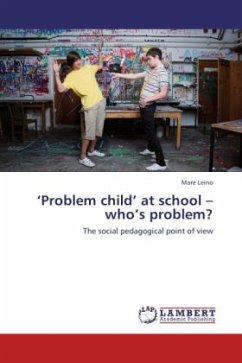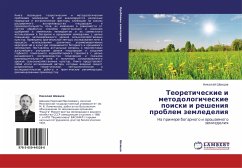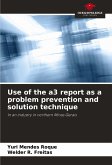The aim of this monograph is to analyse the impact of social changes on Estonian education, bringing out the peculiarity of social pedagogy. The teacher is much more than an agent of a subject. Children spend a significant part of their day at school, which puts an enormous responsibility on teachers. In the late 1990s Estonian teachers arranged strikes in order to bring into the consciousness of the society the low pay teachers get for their hard work. The aim of research was to find out the essence of this overloud. One of the focuses was to find out how the political changes from a Soviet-ruled to a post-Soviet society are possible to trace in the practices of some Estonian school classes. The hypothesis was that most conflicts and problems at school have social background. This kind of research field is complicated and presumes qualitative research methods. In my case it was the educational ethnography and the grounded theory method. The solution for school problem has been social pedagogy: now in many Estonian schools professionals called social pedagogues are working. But the question is: problem child at school the problem of teacher, parents or social pedagogues?








